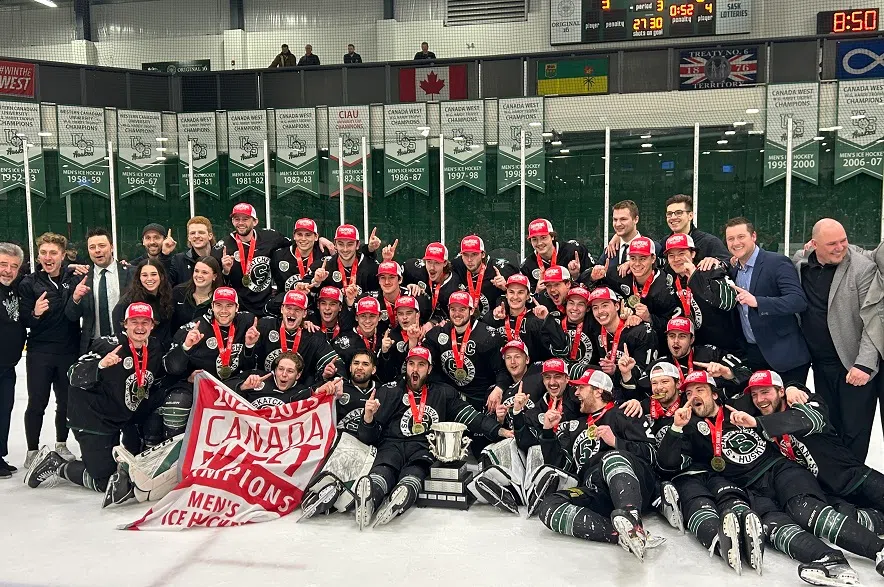MONTREAL — The head of the Assembly of First Nations has informed chiefs that a draft deal with Ottawa on child-welfare reforms is worth $47.8 billion, a source who was in the room says — more than double what was initially promised.
National Chief Cindy Woodhouse Nepinak revealed that number to chiefs and their proxies on Tuesday afternoon, says the source, who was granted anonymity because they were not authorized to share the details publicly.
She also referred to the political risks of not accepting the deal that is on the table, the source said, and affirmed that she wanted chiefs to be able to discuss the offer before voting on the matter at a special assembly this fall.
The closed-door session, which members of the media were not allowed to attend, was part of the AFN’s annual general assembly being held in Montreal this week.
Woodhouse Nepinak declined an interview on the matter.
Anispiragas Piragasanathar, a spokesperson for Indigenous Services Canada, suggested in a statement that negotiations are still ongoing.
“Should an agreement be reached, the First Nations parties will engage with their members across the country,” the statement says.
“Reaching an agreement with the First Nations parties would represent a major milestone in the long-term reform of the program and would advance our ongoing commitment to ensure discrimination ends.”
The federal government originally promised $20 billion for long-term reforms to the child welfare system, but Woodhouse Nepinak recently told The Canadian Press that the deal with Ottawa would likely top that amount.
That was part of a $43-billion settlement offer that resulted from a Canadian Human Rights Tribunal ruling that Ottawa discriminated against Indigenous kids by chronically underfunding child welfare services in First Nations.
The other $23 billion was set aside to compensate about 300,000 people harmed by a system that often placed kids in foster care instead of offering support to help families stay together.
On Tuesday morning, during opening remarks to chiefs that were broadcast publicly, Woodhouse Nepinak had said that she couldn’t say openly how much money was on the table. But she said she was “very happy” about the compensation.
The AFN brought the original human-rights case alongside the First Nations Child and Family Caring Society. Its executive director, Cindy Blackstock, had been calling for Ottawa to commit a much higher amount to the reform effort.
She said Tuesday that calculations from experts suggested $57 billion was needed to fully fix the system over the next 10 years, not including capital investments. And she criticized Woodhouse Nepinak and the federal government for keeping the latest offer secret.
In the lead-up to the three-day meeting, the AFN’s negotiations with Ottawa had been criticized by four regional chiefs representing more than half of First Nations in Canada.
They penned letters to Woodhouse Nepinak last month raising concern that the deal was being made in secret.
Woodhouse Nepinak said in response that that wasn’t the case, and all chiefs would be able to see the draft agreement before a vote scheduled for later this year.
Crown-Indigenous Relations Minister Gary Anandasangaree, who addressed chiefs in assembly Wednesday morning, said he can’t comment on specifics of the settlement.
He directed questions to Indigenous Services Minister Patty Hajdu, who was not in attendance. A spokesperson for the minister said Hajdu couldn’t speak to the details of the agreement.
“I think we’re close, is what I’m told, and I look forward to ensuring that we have an agreement and we have self-determination over child welfare within communities,” Anandasangaree told reporters.
“And I think as we get closer to a resolution, I think we need to leave it to the parties to work this out.”
This report by The Canadian Press was first published July 10, 2024.
Alessia Passafiume, The Canadian Press







